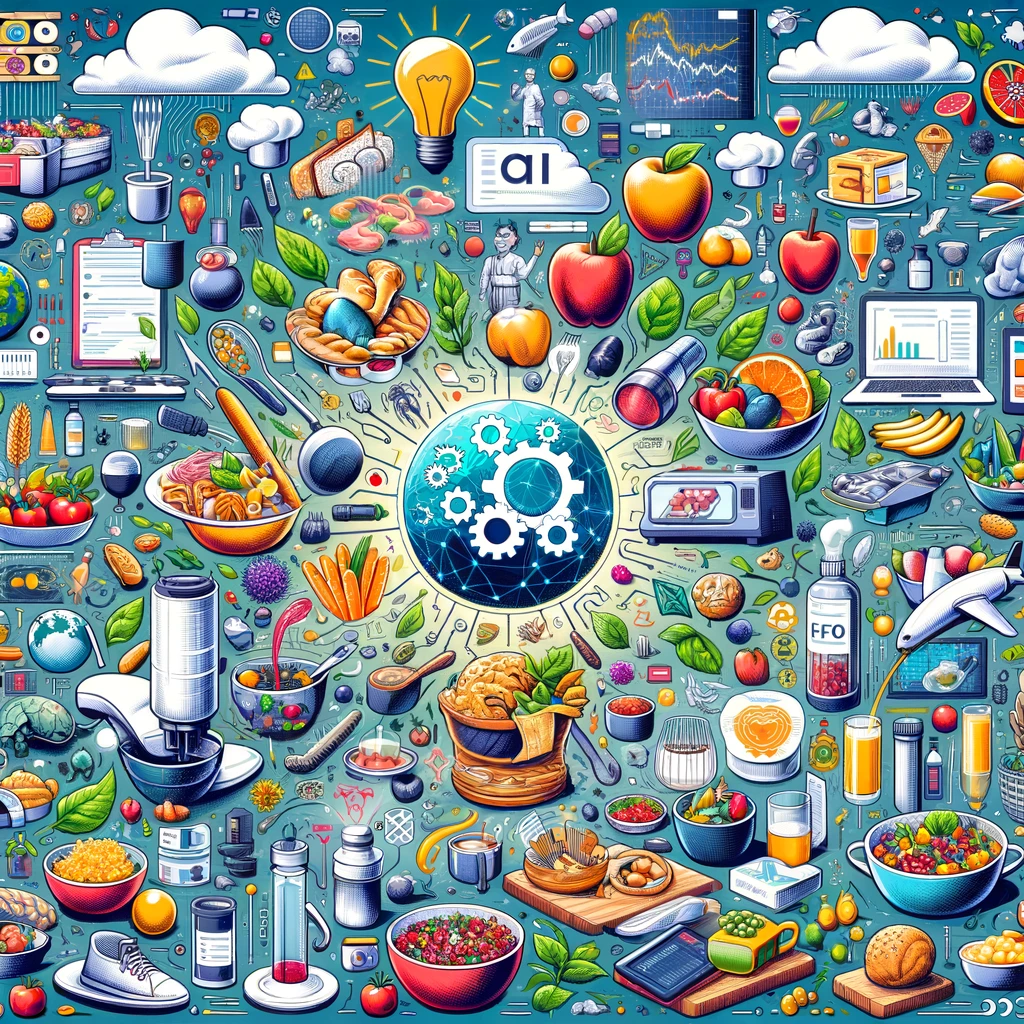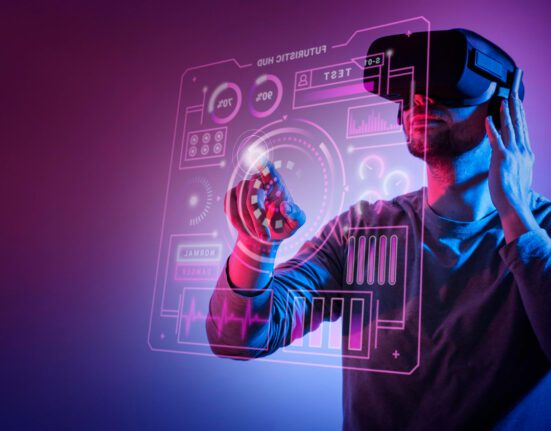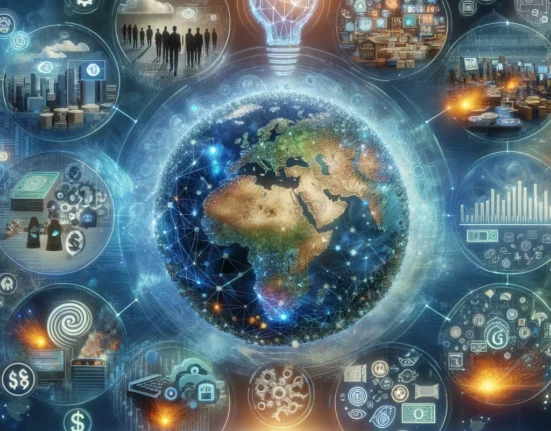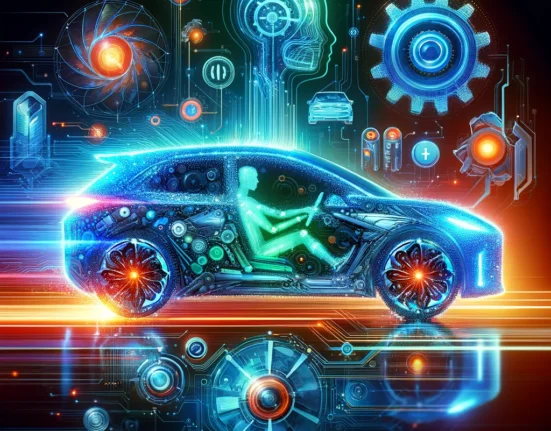The food industry, with its ever-growing demand for innovation, sustainability, and efficiency, is undergoing a transformative shift powered by generative artificial intelligence (AI). From crafting unique recipes that tantalize the taste buds to optimizing food production and supply chains, AI is redefining what’s possible in the culinary world. This blog post explores the multifaceted impact of generative AI on the food industry, highlighting its potential to revolutionize how we produce, consume, and think about food.


Culinary Creativity Unleashed
Generative AI is opening new frontiers in culinary creativity, enabling chefs and food companies to experiment with ingredients and flavors in unprecedented ways. By analyzing vast datasets of recipes, flavor profiles, and consumer preferences, AI can generate innovative recipes that blend traditional and exotic elements, creating dishes that are both delightful and surprising. This fusion of AI and culinary artistry is not just about novelty; it’s about pushing the boundaries of gastronomy and exploring new culinary landscapes.
Enhancing Food Safety and Production Efficiency
Food safety and production efficiency are paramount concerns in the food industry, and generative AI is playing a crucial role in addressing these challenges. AI-driven systems can monitor food safety protocols in real-time, detect contamination risks, and ensure compliance with regulatory standards. Additionally, AI optimizes production processes, from ingredient sourcing to packaging, reducing waste and improving efficiency. These advancements not only safeguard public health but also enhance the sustainability of food production.
Reducing Waste and Promoting Sustainability
One of the most significant contributions of generative AI to the food industry is its potential to reduce waste and promote sustainability. By accurately predicting demand, optimizing supply chain logistics, and developing innovative waste reduction techniques, AI is helping to minimize food waste at every stage of the production and consumption cycle. Furthermore, AI-driven research is leading to the development of sustainable packaging materials and eco-friendly food production methods, contributing to a greener future.
Navigating Challenges and Ethical Considerations
The integration of generative AI in the food industry brings its set of challenges and ethical considerations. Ensuring the transparency of AI-driven processes, protecting consumer data, and addressing concerns about job displacement are critical issues that must be carefully managed. Moreover, maintaining the balance between innovation and tradition in culinary arts requires a thoughtful approach to incorporating AI into the food industry.
The Future Plate: AI-Driven Gastronomy
As generative AI continues to evolve, its impact on the food industry is set to grow, shaping the future of gastronomy, food production, and consumption. We can anticipate a future where AI-enhanced foods cater to individual nutritional needs, sustainable practices are the norm, and the culinary arts reach new heights of creativity and innovation. The fusion of technology and gastronomy promises not only to enrich our dining experiences but also to address some of the most pressing challenges facing the global food system.
Generative AI is transforming the food industry, driving it towards a future where innovation, sustainability, and efficiency are intertwined. As we embrace the possibilities offered by AI, we can look forward to a world where food is not only a source of nourishment but also a testament to the incredible potential of human ingenuity and technological advancement.
Next, we will delve into the role of generative AI in the finance sector. Join us as we explore how AI is reshaping financial services, from enhancing customer experiences and optimizing operations to revolutionizing investment strategies and risk management. Stay tuned for an insightful discussion on the future of finance in the age of artificial intelligence.









